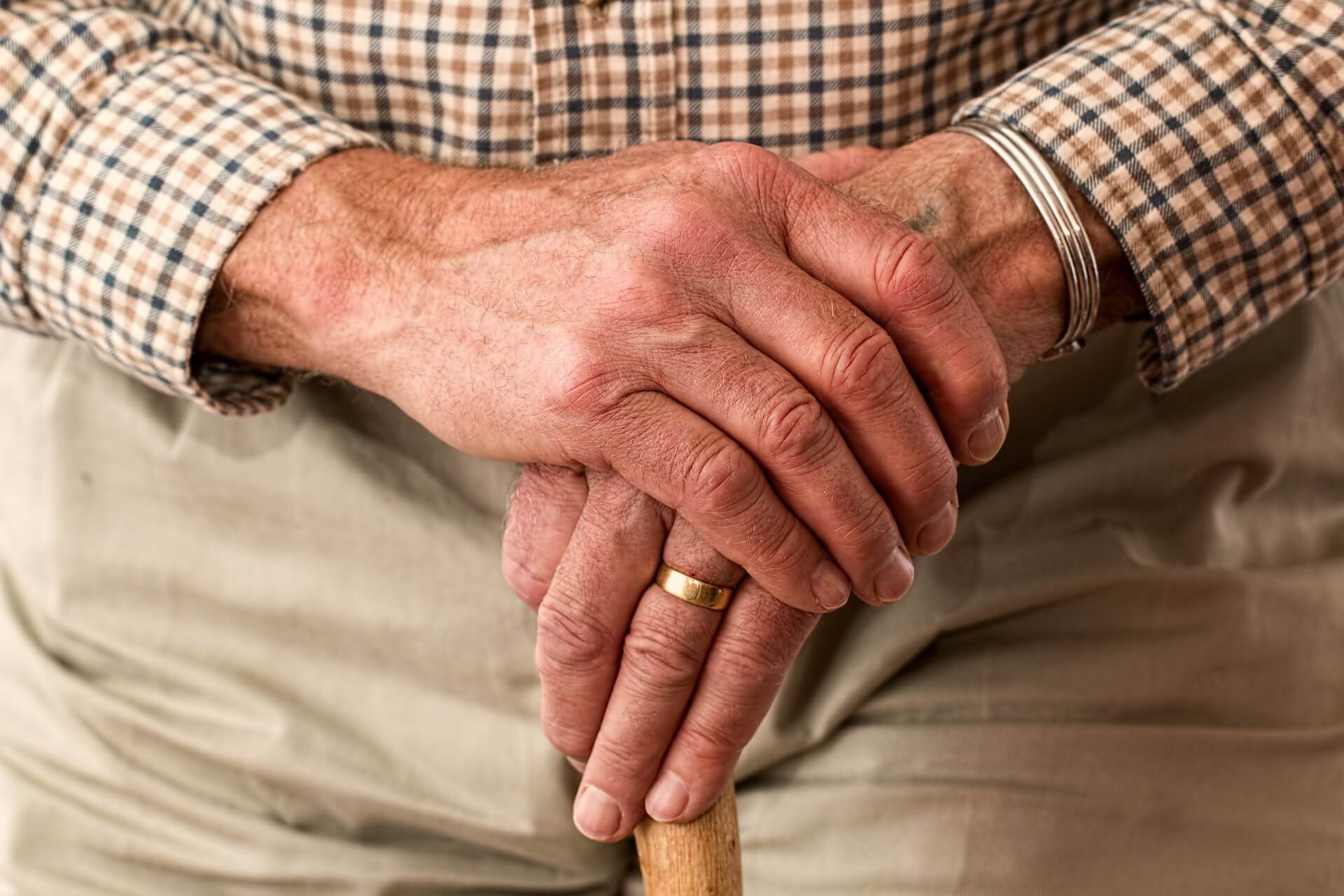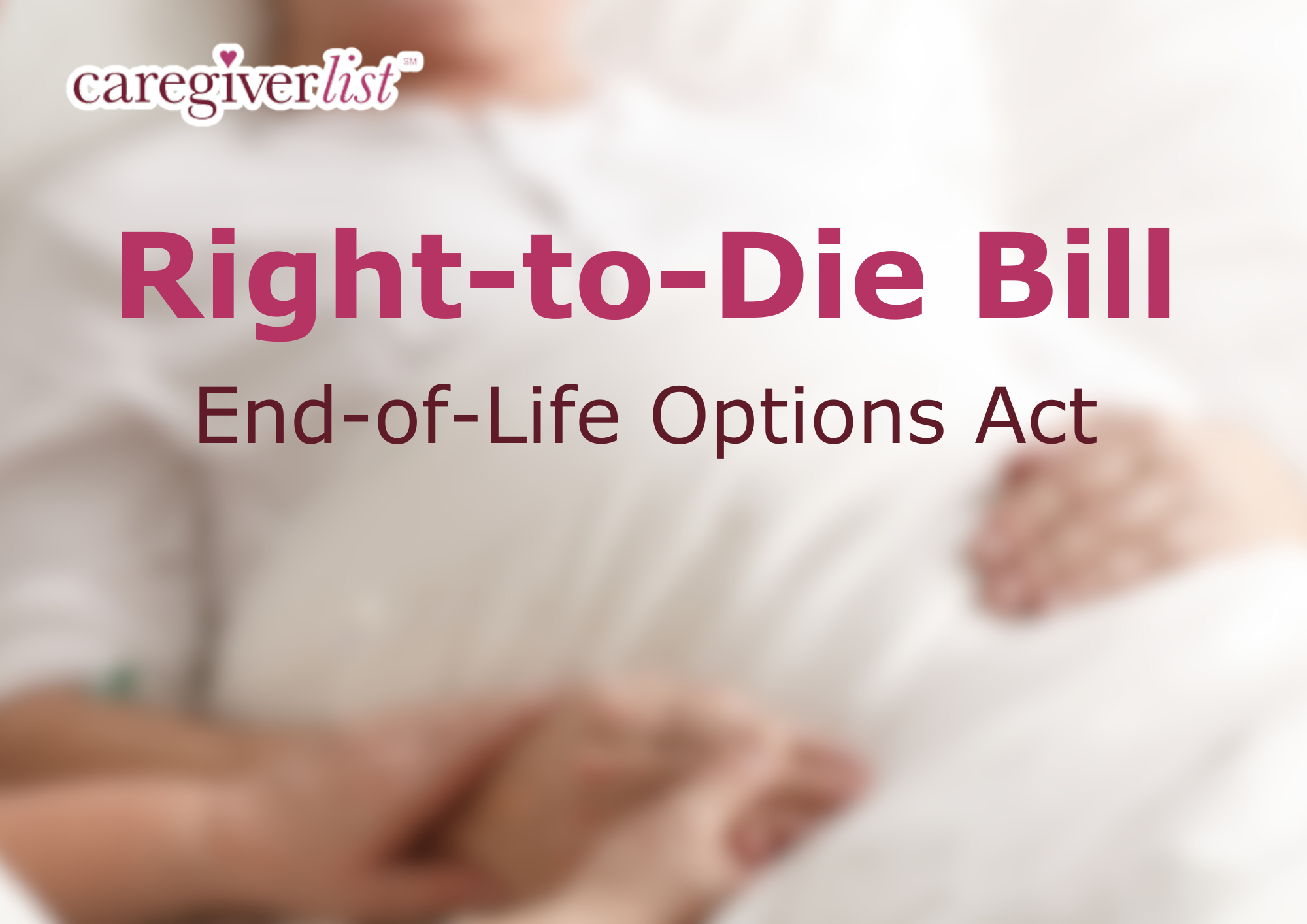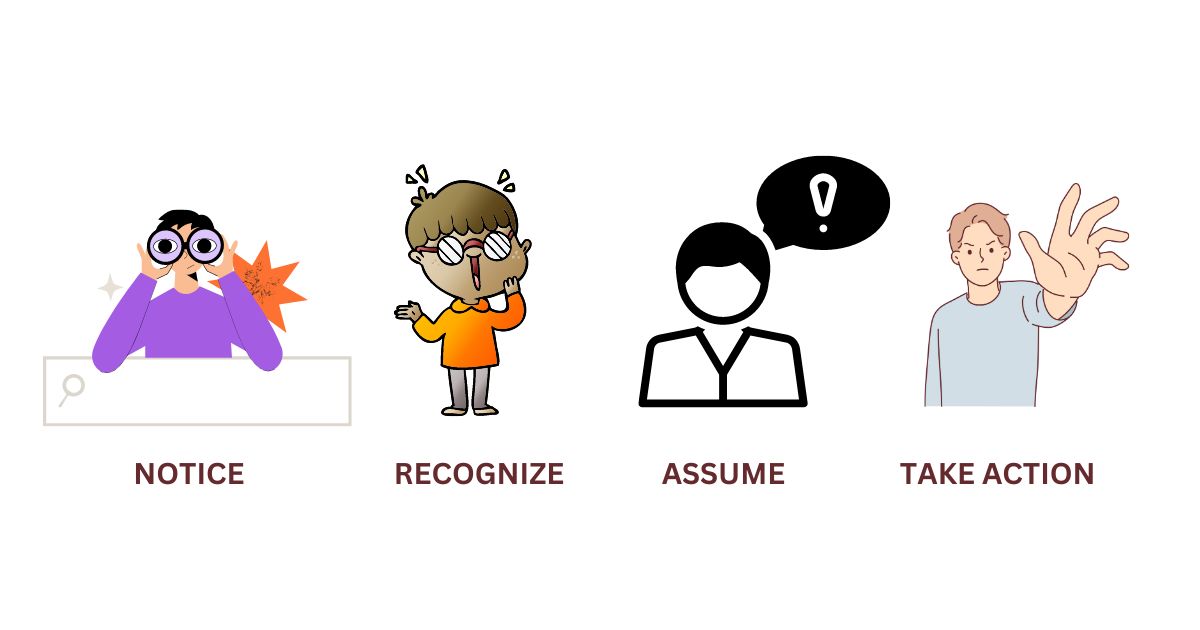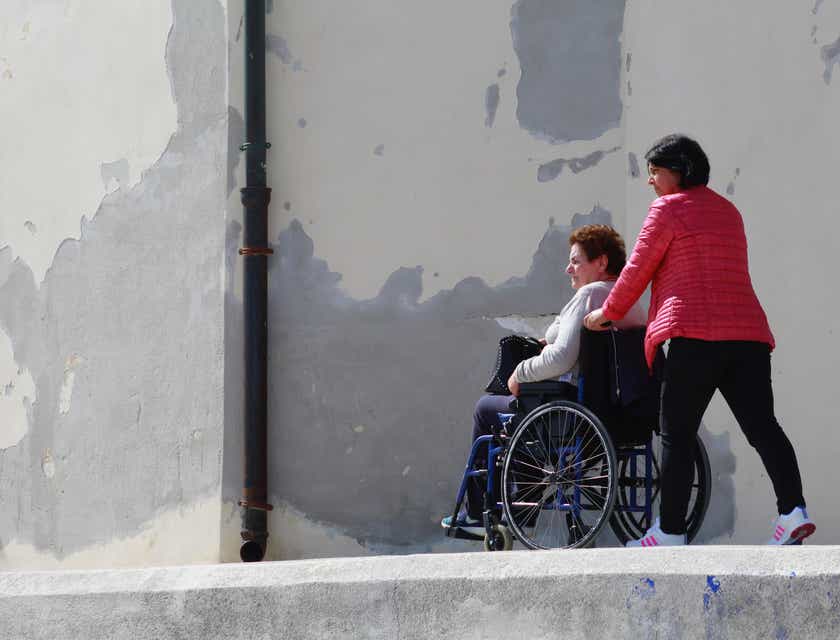Senior citizens are easy prey for scam artists. From the Spring Break Grandparent Scam to the Medical Alert Scam and a host of others, the elderly are especially vulnerable to fraud schemes.
October is “Protecting Older Americans from Fraud” month, and the Better Business Bureau, in partnership with other agencies, suggest that families discuss with their senior family members how best to prevent their loss of money and security.
The BBB recommends these immediate steps:
- Help put the senior’s phone number on the Do Not Call registry.
- Advise older Americans to never place outgoing bills in unsecured mailboxes.
- Urge them to tell suspicious callers that they are going to check with the BBB before agreeing to anything and do so.
- Tell unwanted solicitors to place the senior on the organization’s own do not call list, not to sell or share the senior’s information, and then hang up.
Senior identity theft, especially medical identity theft targeting the elderly, is nation’s fastest-growing crime according to FBI statistics. Seniors living alone at home are not the only victims. Senior identity theft in long-term care, including nursing homes, assisted living, and in-home care are at risk of identity theft because their personal information is readily accessible by numerous individuals.
In addition to the action steps outlined above, the Better Business Bureau suggests you discuss the following common-sense practices with the senior in your life:
- Never pay money to win a prize or sweepstakes.
- Read all pages before considering the offer.
- Contact the BBB BEFORE responding to a product/service offer or charity appeal.
Telephone
- Never give out credit card or bank account numbers to unknown callers.
- Ask for information in writing from charities.
- Be skeptical of high pressure or emotional requests and hang up.
- Never wire money to strangers.
- Report all questionable calls to the BBB BEFORE responding to the offer.
In-Home
- Never hire someone who just shows up at your door.
- Get three estimates in writing.
- Make sure the company is licensed and insured.
- Contact the BBB BEFORE admitting an unknown person into your home or signing anything.
- Only give your personal email address to people you trust.
- Instead of clicking a link in an email, type the address into your browser.
- Visit the BBB’s website www.bosbbb.org to learn more about email “phishing”.
Caregiverlist previously blogged about senior scams during the holidays and the same advice holds true for all questionable dealings. If you or a loved one has been the victim of a scam or fraud, report it to your local police department and Department on Aging. You may help prevent others from becoming victims as well. And always perform a background check when hiring someone close to home.







